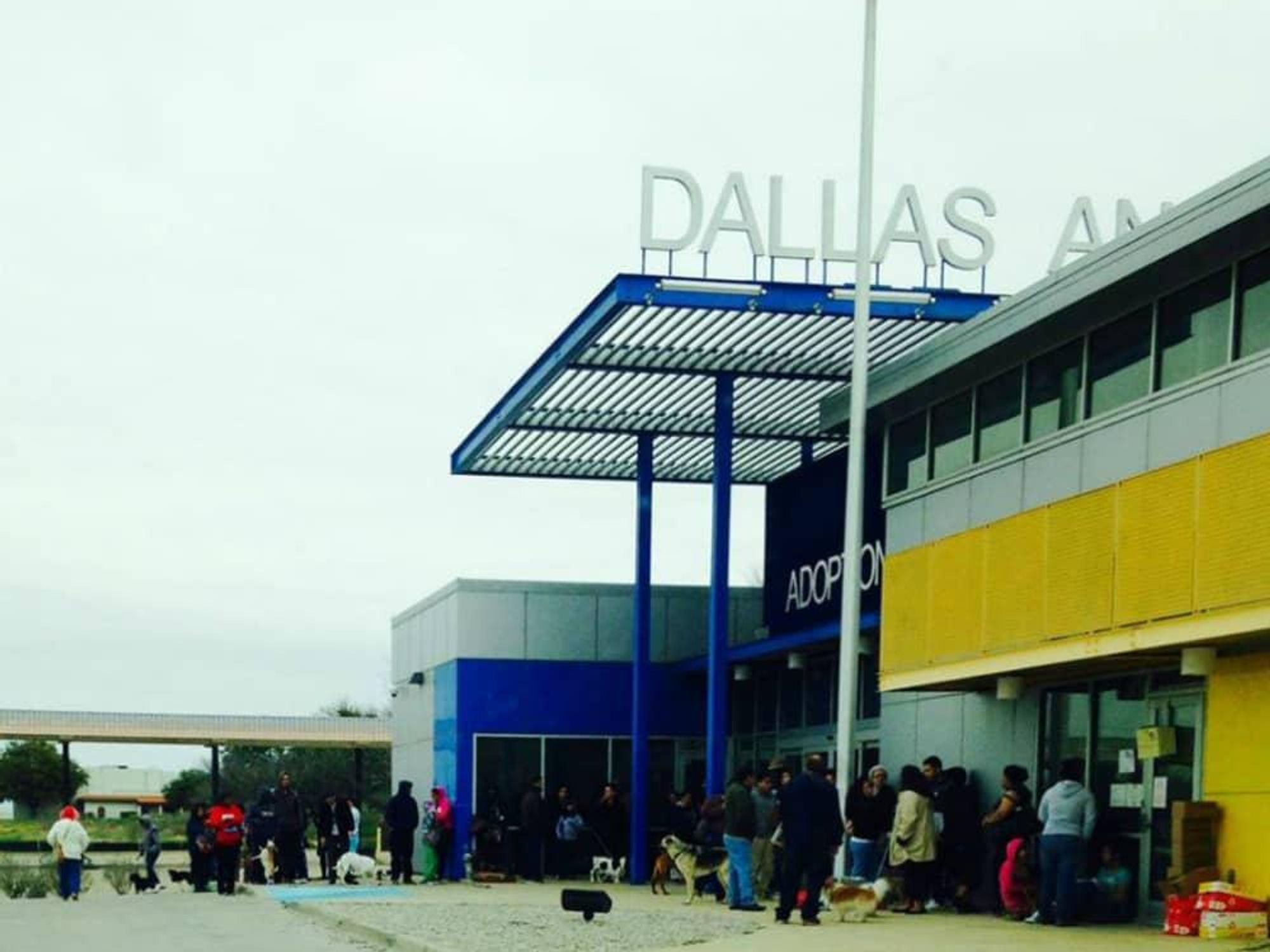Animal News
Dallas' animal shelter will finally become its own department

After more than a decade of petitioning from animal advocates, the Dallas City Council voted to make Dallas Animal Services its own, stand-alone department. This removes the animal shelter from its previous position as part of Code Compliance, following a similar pattern at other cities across the country.
The repositioning of the shelter was part of a slate of changes to the city's animal laws made at the City Council meeting on June 14.
Restrictions on breeding animals were also tightened up, and the city has ditched its registration system in favor of microchipping.
Dallas has battled a growing animal crisis in the past few years. In 2016, BCG, a consulting group, was retained to do a study on how to solve the problem; it recommended providing 46,000 spay-neuter surgeries per year for three years to decrease the number of loose animals.
Making the shelter its own department gives it more autonomy and accountability. As advocates have pointed out, directors of municipal shelters can get bogged down by city bureaucracy that restricts even the smallest things such as reducing fees for adoptions or what can be posted on social media.
Removing shelters out from the code department — home to complaints about spare tires and overgrown grass — also gives subtle acknowledgement to the perspective that pets occupy a role in people's quality of life rather than being viewed as a nuisance.
As for spaying and neutering, all dogs and cats must still be spayed or neutered by 6-months-old. The new exception is that you must obtain a breeding permit, and those will be issued only to members of a purebred animal club or licensed by the Texas Occupation Code.
That ordinance replaces the previous and less restrictive "intact animal permit," enacted in 2008 under protests by the American Kennel Club and other national breeder organizations.
Skip Trimble, noted advocate and a former chair of the Dallas Animal Advisory Commission (of which I am a current member), applauds the steps taken towards lessening the crisis, even if he sees room to grow.
"The Texas Occupation Code applies to those who have at least 11 breeding females, so that won't have much impact, since you can't own that many animals in the city of Dallas," he says. "And 'purebred animal club,' they don't say what that is, so it might have some loopholes. But it will be interesting to see who comes forward on that."
He says that changing the requirement from licensing to microchipping might make it harder for the city to locate owners. "But it's good to see the city taking a harder look at all of this," he says.
One ordinance that the City Council opted to table until August is the one regarding tethering. The current ordinance limits tethering for more than three hours, and the owner must be present. A new ordinance is currently being rewritten.
Council member Philip Kingston protested the campaign being waged by tethering protestors who've deluged the council with calls and emails. "Stop spreading misinformation," he said.
Other ordinances involved confinement in unattended motor vehicles, empowering a peace officer or animal services officer to remove an animal if they cannot locate the owner.
Owners cited for infractions on spay/neuter, vaccinations, and missing microchipping can get the citation dismissed if they fix the problem within 20 days.
